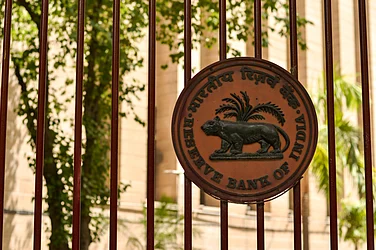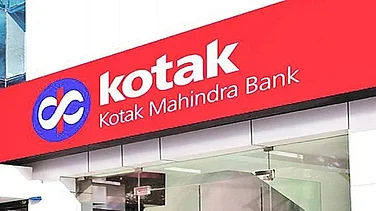Mumbai, November 5: On August 13, 2019, the Reserve Bank of India (RBI) issued a final framework to put in place a setting up of regulatory sandbox. The framework was released post, accumulating feedback from around 69 stakeholders, which included FinTech entities, banks, multilateral agencies, industry associations, payment aggregators, and audit and legal firms, government departments and individual.
Post that RBI on November 4, 2019 announced opening of the first cohort under the Regulatory Sandbox (RS) segment with ‘Retail Payment,’ as its theme. Focussing on this theme, it is expected to promote innovation in digital payments thereby helping payment services towards unserved and under-served segment of the population. With this, the digital modes of making payment can obviate some of the costs, which would give customers a friction-free experience.
The innovative products or services, which are being considered to be included under RS comprises, mobile payments including feature phone-based payment services, offline payment services and contactless payments. “General innovation in mobile payment services has focussed on or supported app-based access, limited to smartphones and such devices. There is a need to innovate payment services for feature phones to provide the necessary thrust towards enhanced adoption of digital payments by various strata of society,” said the apex bank in a circular.
The RBI believes that despite increased mobile internet speed, connectivity issues still persist across regions. Therefore, an option of off-line payments through mobile devices would strengthen the digital payment. Further, when it comes to contactless payments, it not only reduces the time taken for payment checkout but also eases out small-ticket payment transactions. “Tokenisation technologies often form the basis of facilitating seamless e-commerce experiences fuelled by mobile and other connected devices. The rapid growth in devices provides a significant opportunity for payments through any form factor and anywhere,” said RBI.
A RS provides a live testing of new products or services in a controlled or test regulatory environment for which regulators may (or may not) permit certain regulatory relaxations for limited purpose of the testing. “The RS allows the regulator, innovators, financial service providers (as potential deployers of the technology) as well as customers (as final users) to conduct field tests to collect evidence on the benefits and risks of new financial innovations, while carefully monitoring and containing their risks,” stated RBI in its final framework in August 2019.































